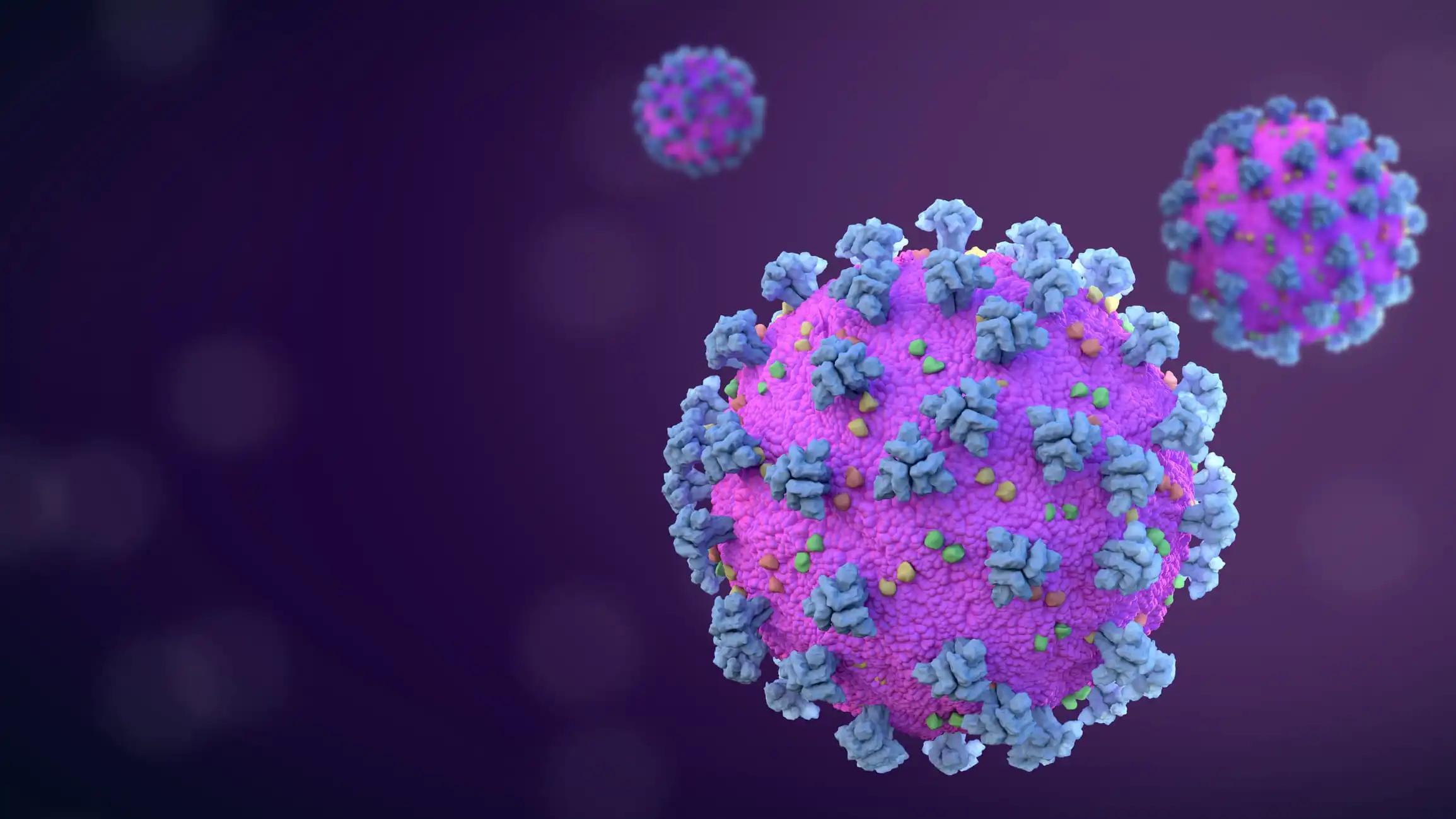KEY TAKEAWAYS
- The phase 2 & 3 study aimed to investigate the impact of imetelstat on patient-reported fatigue in heavily transfused in LR-MDS pts.
- Imetelstat showed promise in improving fatigue in LRMDS patients with high transfusion burden without worsening fatigue in the overall population.
Patients diagnosed with lower risk myelodysplastic syndromes (LRMDS) and accompanying anemia often endure significant fatigue, detrimentally affecting their daily lives.
Petra Bělohlávková and her team aimed to assess the impact of Imetelstat at 7.5 mg/kg or placebo, administered every 4 weeks until disease progression, unacceptable toxicity, withdrawal of consent, or lack of response, within the LR-MDS population. This trial was conducted at 118 global clinical sites from 2019 to 2022.
The study performed an assessment of the main outcome measures utilizing the psychometrically validated Functional Assessment of Chronic Illness Therapy (FACIT) Scale. Randomized pts with available fatigue data at baseline (PRO population) were issued the FACIT Fatigue questionnaire, a 13-item instrument gauging fatigue during daily activities. Sustained meaningful deterioration or improvement was defined as a ≥3-point decrease or increase on the FACIT Fatigue Scale (0-52) persisting for ≥2 consecutive treatment cycles.
From this analysis, high completion rates exceeding 80% for all FACIT items were observed in both imetelstat (n=118) and placebo (n=57) groups throughout the study. The proportion of pts experiencing sustained, meaningful deterioration in fatigue was 43% for imetelstat and 46% for placebo, while 50% of imetelstat-treated pts reported sustained meaningful improvement compared to 40% in the placebo group.
Imetelstat demonstrated a shorter median time to first sustained meaningful improvement in fatigue (28.3 vs 65.0 weeks; HR, 1.34; 95% CI, 0.82-2.20). A higher proportion of imetelstat-treated pts reported improvement in the FACIT-Fatigue Scale after 12 weeks. Notably, sustained meaningful improvement in fatigue scores was more prevalent among imetelstat responders (8- and 24-week TI and HI-E) compared to nonresponders, emphasizing the potential benefit of imetelstat in alleviating fatigue in this patient population.
The study concluded that, in contrast to other available treatments, imetelstat did not worsen fatigue in a heavily transfusion-dependent, non-del(5q) LR-MDS population. Instead, it demonstrated a notable improvement in fatigue, particularly in pts with a transfusion burden of ≥4 units. This finding underscores the unique and potentially beneficial impact of imetelstat in addressing fatigue within this specific patient subgroup.
The study was sponsored by Geron Corporation
Source: https://clml-soho2023.elsevierdigitaledition.com/372/index.html
Clinical Trial: https://clinicaltrials.gov/study/NCT02598661
Jonášová, Bělohlávková P, Regnault A, et al. “Improvement of Patient‑Reported Fatigue in IMerge Phase 3 Trial of Imetelstat vs Placebo in Heavily Transfused Non‑Del(5q) Lower‑Risk Myelodysplastic Syndromes Relapsed/Refractory/Ineligible for Erythropoiesis‑Stimulating Agents”. Presented at SOHO 2023. (Abstract: MDS-604).



